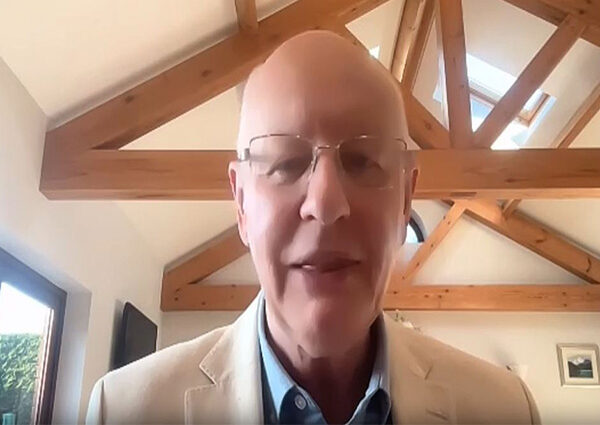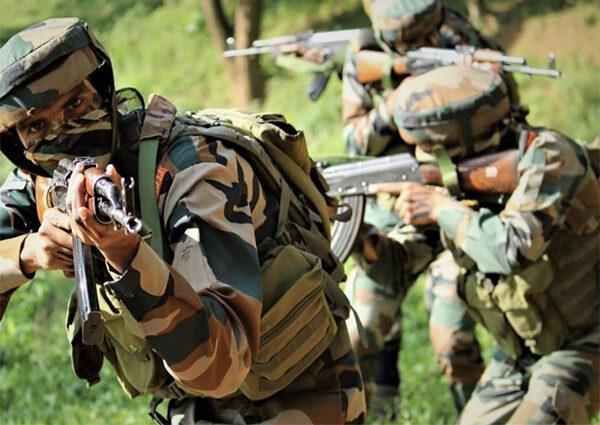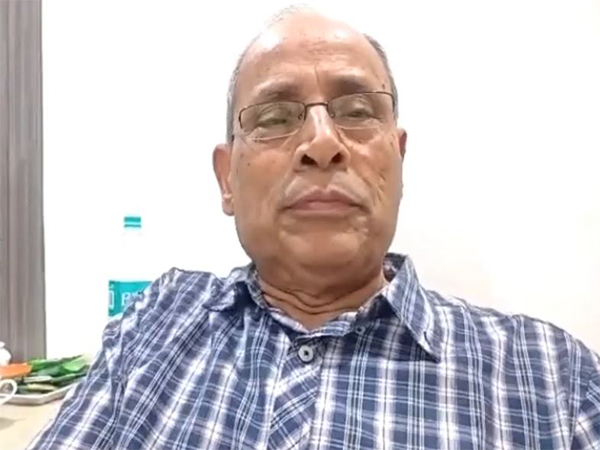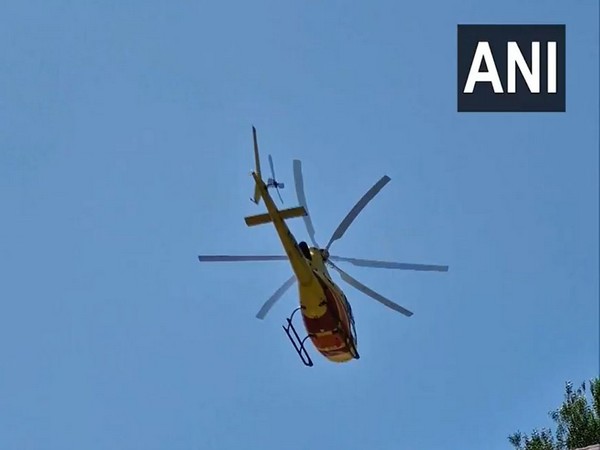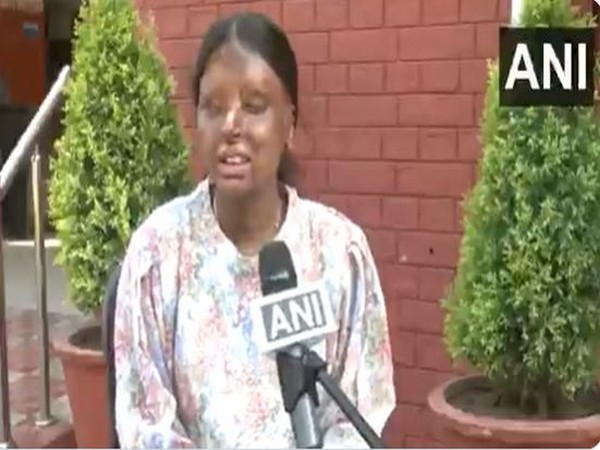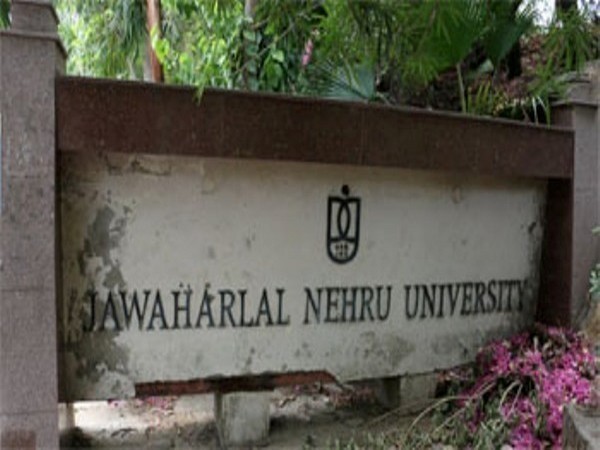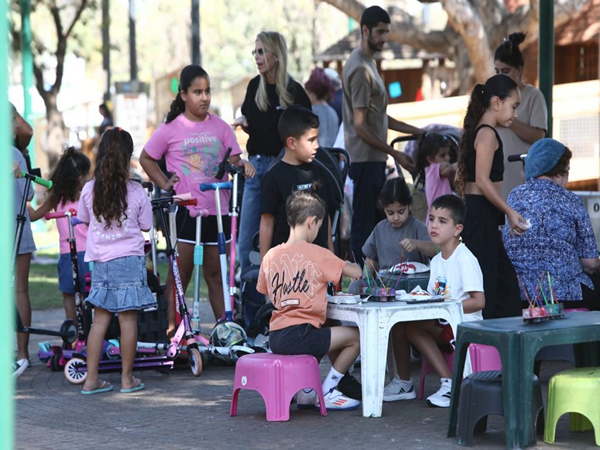Prahlada Ramarao, former DRDO scientist behind India’s Akash missile system, on Wednesday described the Akash Missile defence system as a dream project of Dr APJ Abdul Kalam, revealing that it held a special place in his heart.
Speaking to ANI, Scientist Prahlada Ramarao said, “The indigenously developed defence missile system Akash was the dream and a favourite project of Dr Abdul Kalam. I wish he were here to witness this missile’s performance. I can only thank him in my heart for his vision and support.”
He shared insights into the crucial moments and challenges during the missile’s development.
The Akash missile, which has successfully intercepted enemy missile threats, was first conceptualised in 1983, when Ramarao was a young scientist at the Defence Research and Development Laboratory (DRDL) in Hyderabad.
At that time, he was working under the guidance of Dr APJ Abdul Kalam, the Director of the lab.
In an interview with ANI, Ramarao reflected on the long journey of developing India’s missile technology. He also highlighted his close collaboration with Kalam during the initial stages of the project in the 1980s.
Recalling his early experiences, Ramarao said, “In 1983, I was a junior scientist, working alongside Dr Kalam. He was my mentor, and we would frequently interact on testing and mathematical modelling. I vividly remember when Dr Kalam asked me a question, and I prepared a chart to present my findings to him. He was satisfied with the way I had perceived the problem.”
The development of the Akash missile faced several hurdles. The missile, along with its radar systems and ground infrastructure, needed to function in perfect harmony to counter fast-moving, manoeuvring aircraft equipped with electronic warfare technology.
Ramarao highlighted the unique challenges posed by the missile’s design, particularly its ability to engage multiple targets simultaneously. It also included tackling the radar system and the speed of the missile.
Despite the challenges, the entire team’s dedication and the relentless support of Dr Kalam kept the project on track, he said.
Ramarao explained the Akash missile’s capabilities, particularly its ability to track and destroy multiple targets at once.
Speaking about the system, he said, “The missile is multi-target; we can engage up to 12 missiles simultaneously. It can engage both manoeuvring and non-manoeuvring targets, fly at varying altitudes, and carry electronic warfare capabilities.”
Highlighting the accuracy of the missile, he added, “The precision, accuracy, and lethality are so advanced that if the missile gets close to its target, the aircraft is guaranteed to be destroyed. This is the high ‘kill-probability’ that we’ve engineered into the system.”
Ramarao also noted that the Akash missile continues to evolve with time and inputs from the armed forces.
“Every 2-3 years, we upgrade the missile based on feedback from the armed forces. Their support and collaboration ensure we stay ahead of the curve,” he said.
On the question of cost, Ramarao underscored its affordability and strategic value.
“The Akash missile is priceless–not just for its technological excellence, but because it is Made in India. We fabricate the components locally and provide ongoing support and upgrades to our armed forces,” he said.
Comparing it to foreign missile systems, he noted, “For the same performance, the Akash is only half the cost of similar systems from Europe or other countries. The development cost of the ground systems is also just one-tenth of that of foreign alternatives, making it an incredibly attractive solution.”
With its successful testing and eventual deployment, the Akash missile system became a cornerstone of India’s defence, playing a vital role in safeguarding the country against external threats.
Ramarao’s perseverance and Dr Kalam’s visionary leadership turned what began as an ambitious dream in the 1980s into a significant defence milestone for India.
Operation Sindoor emerged as a calibrated military response to an evolving pattern of asymmetric warfare, one that increasingly targets unarmed civilians along with military personnel.
The terrorist attack on tourists in Pahalgam in April 2025 served as a grim reminder of this shift. India’s response was deliberate, precise, and strategic.
Without crossing the Line of Control or international boundary, Indian forces struck terrorist infrastructure and eliminated multiple threats.
However, beyond tactical brilliance, what stood out was the seamless integration of indigenous hi-tech systems into national defence. Whether in drone warfare, layered air defence, or electronic warfare.
As part of Operation Sindoor, Battle-proven AD (Air Defence) systems like the Pechora, OSA-AK and LLAD guns (Low-level air defence guns). Indigenous systems such as the Akash demonstrated stellar performance.
AKASH is a Short Range Surface to Air Missile system to protect vulnerable areas and vulnerable points from air attacks.
The AKASH Weapon System can simultaneously engage multiple targets in group mode or autonomous mode.
It has built-in Electronic Counter-Counter Measures (ECCM) features. The entire weapon system has been configured on mobile platforms. (ANI)

